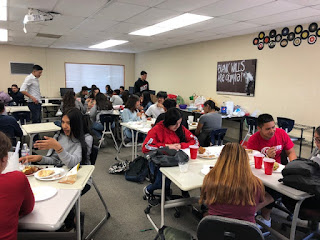I’m going to be back in class either Thursday or Friday, and I don’t have great wi-fi here, so I’m posting ideas on journaling, reading, and posting for the week so you can pace yourselves. As always, please feel free to email or comment to this post with any questions or ideas. I will read and respond as quickly as I can. I love reading your blog posts and I can’t wait to hear your thoughts on what you’ve read so far in person! -dp
JOURNAL TOPICS:
For each day, choose a character or a moment in the book you’re reading (bonus if it’s Gatsby!) — and describe it like you’re telling a friend about something that happened at lunch. This will tell me what gets your attention, what affects your mood as a reader, and what you remember. (Obviously, it will also tell me what you’ve read and understand.). When it comes to the characters and their words and actions, be as judgmental as you want.
-OR-
Choose your own topics (related to the book or not) as we discussed in class. Please remember your writing goal each day: half a page.
AGENDA:
1. Journal
2. Keep reading (as a class, in groups, or by yourself) and taking notes
3. You should be posting to your blog EVERY DAY now as part of your routine. You can do this during the last part of the period if that makes it easier. Please post your answers to the project questions and remember that these are due, along with your short story, by the end of the week. You can also post your reading notes (title: [BOOK TITLE pages xx-xx). (Don’t type “xx” — use the pages you read that day.) You can also post about any Big Question work you’re doing and anything else you want to share with your readers.
1. Journal
2. Keep reading (as a class, in groups, or by yourself) and taking notes
3. You should be posting to your blog EVERY DAY now as part of your routine. You can do this during the last part of the period if that makes it easier. Please post your answers to the project questions and remember that these are due, along with your short story, by the end of the week. You can also post your reading notes (title: [BOOK TITLE pages xx-xx). (Don’t type “xx” — use the pages you read that day.) You can also post about any Big Question work you’re doing and anything else you want to share with your readers.






